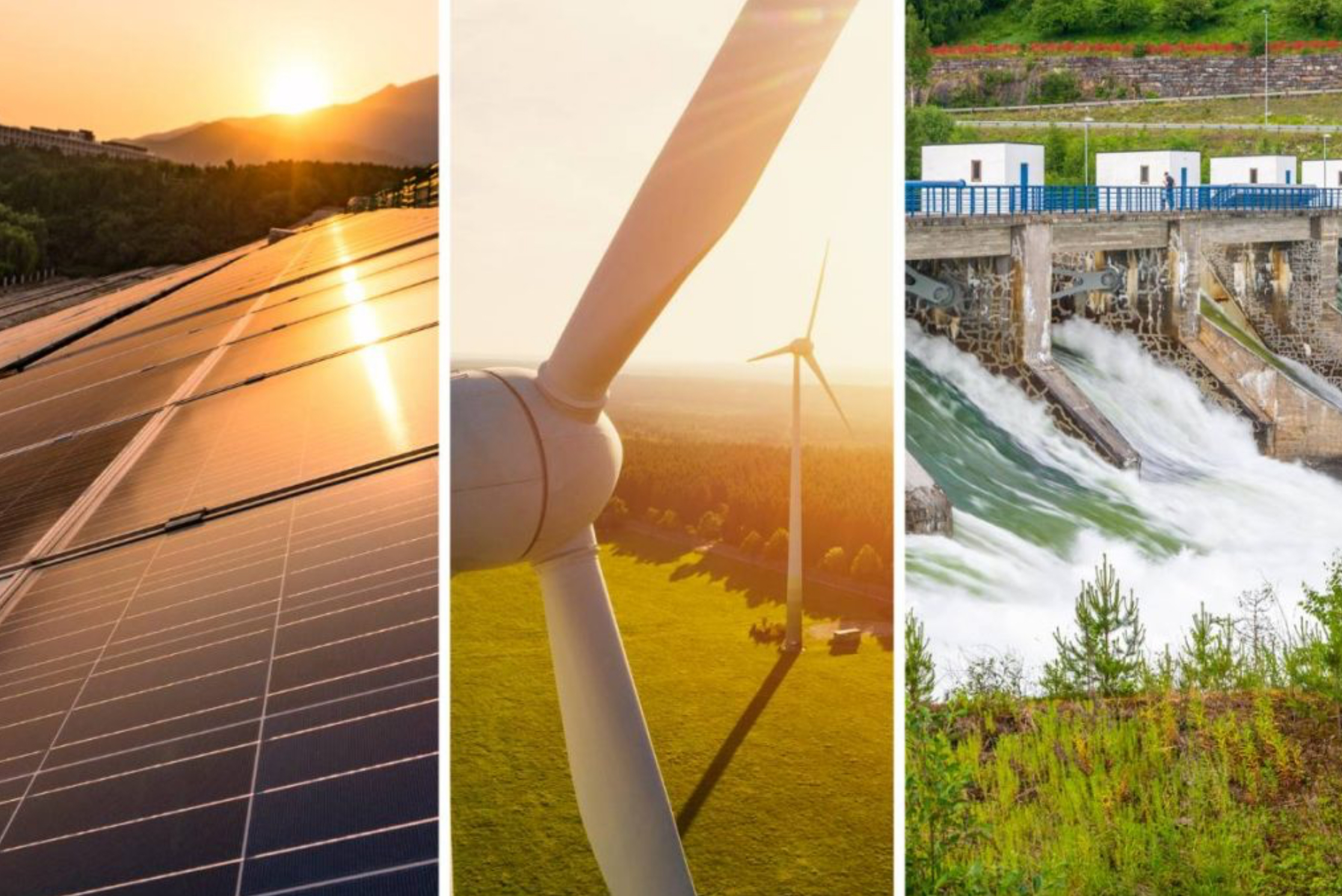Recent findings from the international environmental coalition Rivers without Boundaries reveal a shift in the renewable energy landscape, as electricity generated from solar and wind sources rapidly becomes more cost-effective compared to hydropower. The findings coincide with the release of the International Renewable Energy Agency (IRENA)’s annual report, “The Cost of Electricity Production from Renewable Energy in 2023.”

The report highlights a widening gap in the cost of electricity production between solar energy and hydropower. In 2022, energy from new hydroelectric plants was already 20% more expensive than that generated by solar power. By 2023, this discrepancy has risen to 30%, a trend that experts argue should significantly influence future energy infrastructure planning.
In 2023, the construction cost for hydroelectric power capacity reached $2,800 per kilowatt of installed capacity, making it 3.5 to 4 times more expensive than solar power plants and 2.5 times more costly than onshore wind facilities. The construction timeline for hydroelectric projects can be 7 to 10 times longer than for solar plants and 5 times longer than for wind projects.
While hydroelectric plants traditionally offered the advantage of flexible energy production, they now face growing competition from rapidly advancing battery storage technology. The past year has seen battery production nearly triple, rising from 36 to 96 gigawatt-hours, while prices have dropped from $358 to $273 per kilowatt-hour of storage capacity.
Eugene Simonov, coordinator of Rivers Without Boundaries, stated, "A significant portion of batteries are currently used in combination with solar power plants to compensate for the lack of energy during the dark hours."

For instance, Uzbekistan plans to deploy 20 GW of solar and wind energy by 2030, along with 4.2 GW of battery storage, showcasing a strategic shift towards a more sustainable energy mix. This development indicates that the combined cost of solar generation ($758 per kW of capacity) and battery storage ($253 per kWh) is now significantly lower—approximately $1,000 to $1,500 per kilowatt—than building new hydroelectric power plants.
Alexander Kolotov, regional director of Rivers Without Boundaries, emphasized the need for Central Asian countries to reconsider their energy development strategies. “Countries in the region should focus on energy systems that provide affordable and reliable energy swiftly while minimizing environmental impact. New hydroelectric power plants should not feature in these plans,” he said.
The coalition "Rivers Without Boundaries" is dedicated to the protection of transboundary rivers and the promotion of sustainable river basin management. Established in 2009, the coalition has expanded its reach in Central Asia, recently launching the public foundation “Shekarasyz Ozender” in Almaty, Kazakhstan, to further its mission in the region.
Follow Daryo's official Instagram and Twitter pages to keep current on world news.
Comments (0)